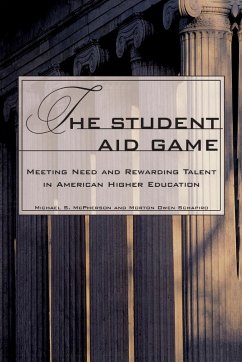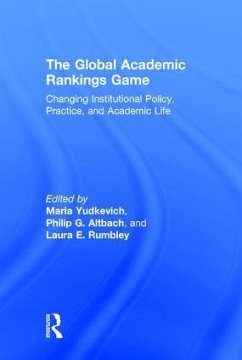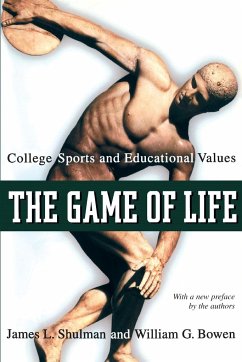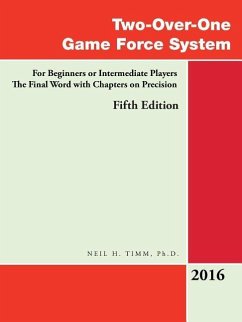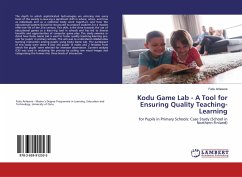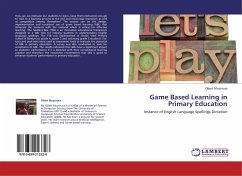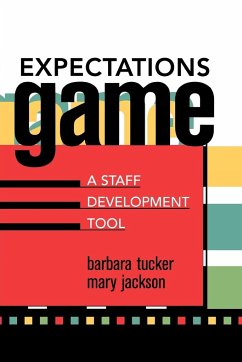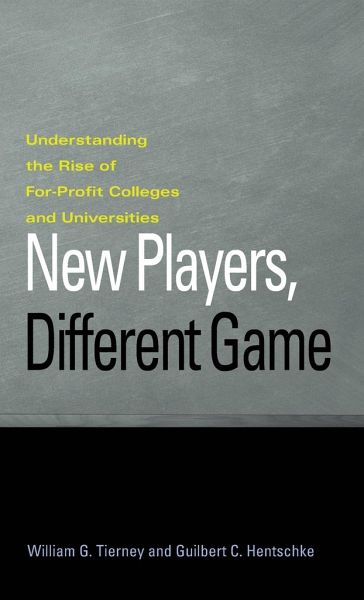
New Players, Different Game
Understanding the Rise of For-Profit Colleges and Universities

PAYBACK Punkte
22 °P sammeln!
As the economic value of education increases, as more students seek to complete college courses while forgoing the undergraduate experience, and as funding for public higher education decreases, the for-profit higher education sector has exploded. In New Players, Different Game, William G. Tierney and Guilbert C. Hentschke compare for-profit and not-for-profit models of higher education to assess the strengths and weaknesses of both. For-profit institutions offer a fundamentally distinct type of postsecondary education. Some critics argue the institutions are so different they should not be ac...
As the economic value of education increases, as more students seek to complete college courses while forgoing the undergraduate experience, and as funding for public higher education decreases, the for-profit higher education sector has exploded. In New Players, Different Game, William G. Tierney and Guilbert C. Hentschke compare for-profit and not-for-profit models of higher education to assess the strengths and weaknesses of both. For-profit institutions offer a fundamentally distinct type of postsecondary education. Some critics argue the institutions are so different they should not be accepted as an integral part of the American higher education system. Here, Tierney and Hentschke explore what traditional and nontraditional colleges and universities can learn from each other, comparing how they recruit students, employ faculty, and organize instructional programs. The authors suggest that, rather than continuing their standoff, the two sectors could mutually benefit from examining each other's culture, practices, and outcomes.





